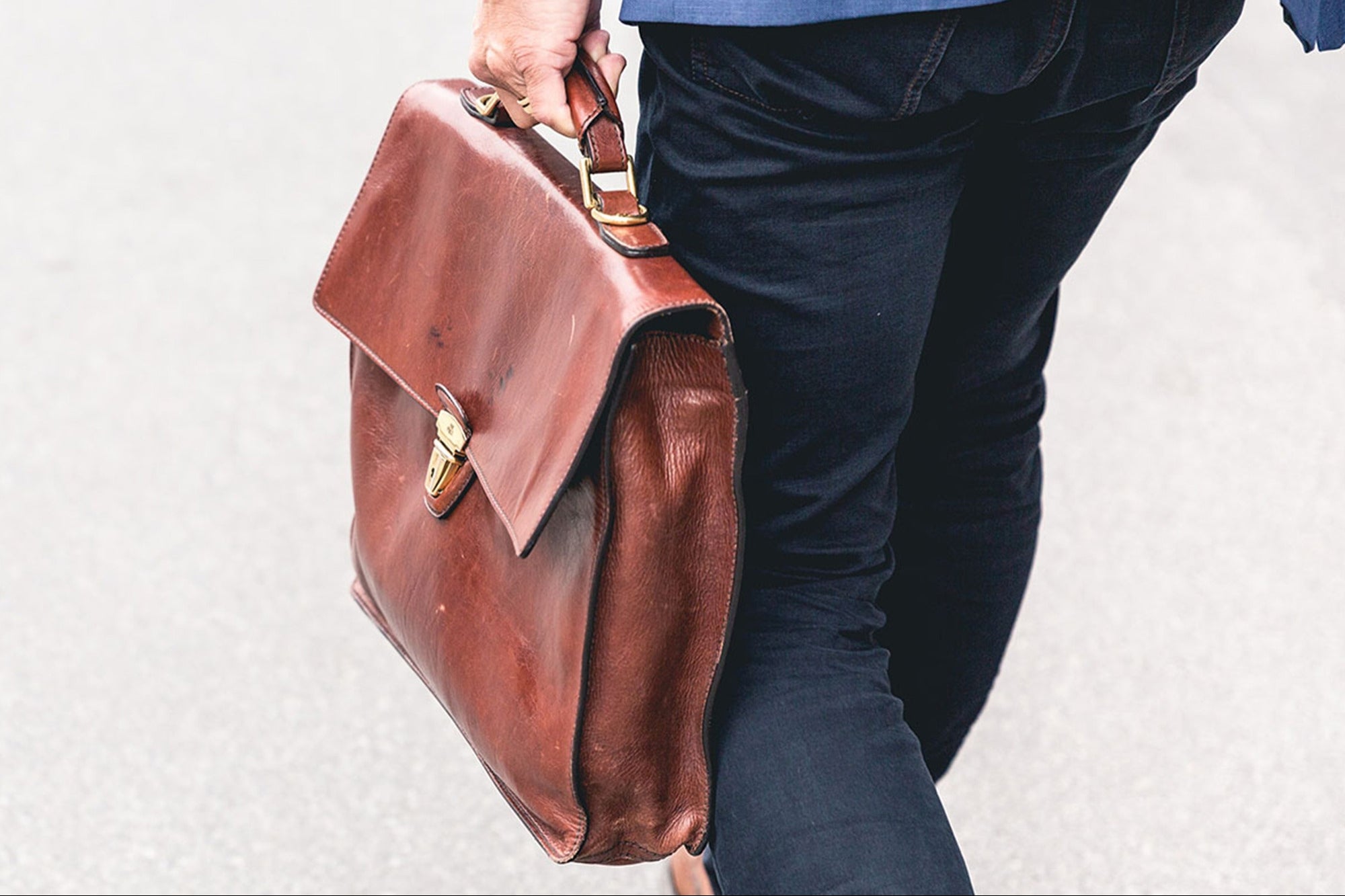Flying With a Tablet or E-reader? Separate Screening Bins, Please. Travelers already need to place laptops in plastic bins -- now you'll need to do the same for things such as tablets, e-readers and handheld game consoles.
This story originally appeared on PCMag

Get ready to empty your bags at airport security. Going forward, you'll need to place electronics larger than a cell phone in individual bins for screening, the Transportation Security Administration announced today.
Travelers already need to place laptops in separate plastic bins for screening, but in the coming months and weeks, you'll need to do the same for things like tablets, e-readers and handheld game consoles.
"This simple step helps TSA officers obtain a clearer X-ray image," and is intended "to raise the baseline for aviation security worldwide," the TSA says.
The process is already in place in 10 U.S. airports (Boise, Colorado Springs, Fort Lauderdale-Hollywood International Airport, Logan International, Los Angeles International, Lubbock Preston Smith International in Texas, Luis Muñoz Marín International in Puerto Rico, McCarran International in Las Vegas and Phoenix Sky Harbor International); it will "expand to all airports during the weeks and months ahead," TSA says.
The new rules will not apply to those enrolled in TSA Pre Check, a program for frequent fliers who pay $85 and undergo a background check and fingerprinting in order to speed through security for five years. Enrollees don't have to abide by the liquids rule or remove shoes, belts, jackets, laptops -- and now, other electronics.
"It is critical for TSA to constantly enhance and adjust security screening procedures to stay ahead of evolving threats and keep passengers safe. By separating personal electronic items such as laptops, tablets, e-readers and handheld game consoles for screening, TSA officers can more closely focus on resolving alarms and stopping terror threats," said TSA Acting Administrator Huban A. Gowadia.
As this rolls out, TSA will have officers in front of checkpoint X-ray machines "to guide passengers through the screening process and recommend how best to arrange their carry-on items for X-ray screening," according to the TSA.
While this might temporarily create longer lines as passengers juggle multiple plastic bins, it's likely a more welcome security measure than the laptop ban U.S. officials experimented with earlier this year. In March, the Department of Homeland Security banned electronics larger than a cell phone on flights to the US from 10 Middle Eastern airports. By July, that ban was lifted after "enhanced security measures" were put in place.











